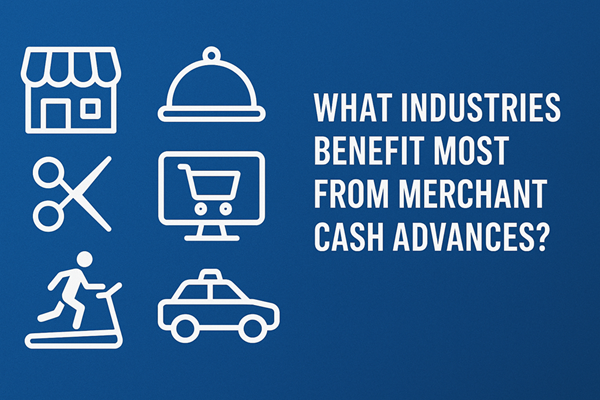Everything you need to know about Franchise Financing
Franchise finance serves as a specialised form of business financing, this type of finance is tailored to support entrepreneurs who are eager to explore the world of franchising. In the UK, a range of lenders, including banks, specialised lenders and even the government, provide options for franchise finance.
Franchising presents an exciting business model where entrepreneurs obtain the rights to utilise an already established brand and business model by paying fees and ongoing royalties. Franchise finance plays a pivotal role in assisting entrepreneurs with the various costs associated with purchasing and operating a franchise, such as franchise fees, equipment and inventory.
Within the UK, there are four primary types of franchises worth considering:
- Product Distribution Franchise: This type involves entrepreneurs distributing the franchisor’s products within a specific geographic area or market. The franchisor provides valuable support in the form of products, training, marketing materials and other essential resources.
- Business Format Franchise: As the most prevalent franchise type in the UK, it grants entrepreneurs the right to utilise the franchisor’s brand and business model while receiving ongoing support and guidance. Entrepreneurs typically handle day-to-day operations, including tasks like finding a location and hiring staff, while the franchisor offers training, marketing assistance and ongoing support.
- Management Franchise: In this franchise model, entrepreneurs take on the responsibility of daily business management, while the franchisor provides the brand, business model, systems and support. This franchise type is often observed in industries such as hospitality and cleaning services.
- Investment Franchise: This unique franchise type involves entrepreneurs providing capital to the franchisor in exchange for a share of the profits. The franchisor assumes the responsibility of managing the business but may involve the franchisee in certain decision-making processes.
It’s important to understand that variations and hybrid franchise types exist; the type you receive will depend on the specific franchise agreement. If you’re looking in to becoming a franchisee, Rosewood Finance advises you to conduct thorough research and seek legal and financial advice before committing to making any kind of financial transaction.
Franchise finance offers numerous benefits for both franchisors and franchisees:
- Access to Capital: The capital you receive can be used for equipment, inventory, franchise fees and marketing expenses.
- Reduced Risk: Franchise finance allows you to utilise the franchisor’s assets as collateral, this means that the risk is on both parties rather than just one.
- Support and Training: Many franchisors offer comprehensive training and support to franchisees, this is almost guaranteed to set them up for success.
- Brand Recognition: As you are buying into an already well-known brand, you will be able to immediately attract customers, building credibility for the franchisee’s business.
- Shared Resources: Resource-sharing among franchisees within the same system can lead to cost reductions and improved efficiency. This can lead to a franchisee building their business much quicker and much cheaper!
Although franchise finance comes with a lot of benefits, it’s essential to consider the potential drawbacks and risks that are also associated with franchise finance:
High Costs: Although there are many benefits that can lower your overall costs, franchise finance can involve relatively higher fees and interest rates when compared to traditional business loans. Make sure to always check your overall costs before starting your franchise project.
Limited Flexibility: Franchisees often need to adhere to strict guidelines and procedures set by the franchisor; this can limit their autonomy in making independent decisions about their businesses.
Reputation Risk: Franchisees can be affected by negative publicity or legal issues involving the franchisor or other franchisees within the system, even if they are not directly involved.
Limited Territory: Franchisees might face restrictions on the geographic area or market in which they can operate, potentially limiting their growth potential and revenue opportunities.
Dependency on Franchisor: Franchisees rely on the franchisor for ongoing support, training and marketing.
Contractual Obligations: Franchise finance typically involves signing a franchise agreement with strict obligations and requirements often with little wiggle room.






